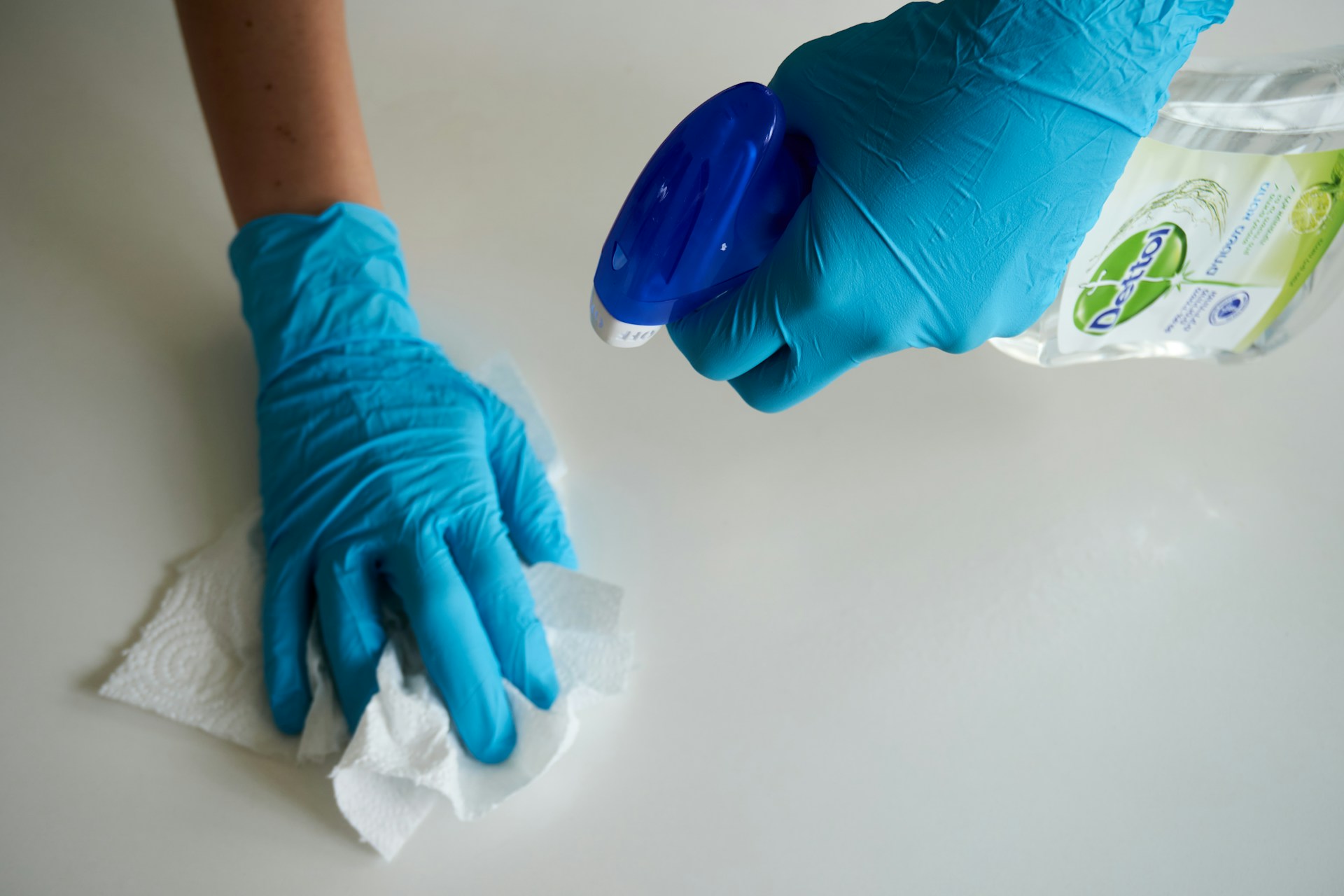
Discover how businesses offering essential services thrive by meeting basic, ongoing needs, ensuring steady demand, strong loyalty, and sustainable profits.
In uncertain times, businesses that offer essential services don’t just survive—they often thrive. These companies serve basic, ongoing needs that don’t disappear during economic downturns. From cleaning and repairs to hazardous waste management, essential services form the backbone of local communities and steady income streams for entrepreneurs.
Why essential services work
People can delay luxury purchases. But when something leaks, breaks, or threatens health—there’s no waiting. That’s what makes essential services so reliable. They’re tied to real, unavoidable needs.
These businesses benefit from:
- Steady, year-round demand
- Minimal seasonality compared to trend-based industries
- Strong customer loyalty, especially with reliable service
- Word-of-mouth referrals that drive low-cost growth
Whether you’re launching from scratch or buying into a franchise, the fundamentals stay the same: solve a real problem and do it well.
Spotlight on biohazard cleanup
While most people don’t think about biohazard cleanup until they need it, that urgency is exactly what makes it a smart business. These services include crime scene cleaning, trauma recovery, hoarding cleanup, and infectious disease control. Clients are often in crisis, which makes trust, discretion, and responsiveness absolutely critical.
Businesses in this space often offer:
- 24/7 emergency response
- Cleanup of bodily fluids and hazardous waste
- Odor and contamination removal
- Services for law enforcement, property managers, and hospitals
Biohazard cleanup is one of those rare industries where demand is high, competition is low, and margins are strong—especially for those who deliver professional, compassionate service.
Services that generate essential profits
Many profitable businesses in the essential space layer multiple service lines. This creates diversified revenue and protects against dips in one area.
Common offerings include:
- Emergency cleanup: biohazards, floods, fire, or mold
- Routine contracts: with apartment complexes, medical offices, or commercial properties
Add-on services: such as deodorizing, sanitation, or minor repairs - Specialty work: hoarding situations, chemical spills, or sensitive materials
Combining emergency response with recurring commercial work is a proven formula for growth.
Laying the foundation
Starting strong means doing things right the first time. Here’s what you’ll need:
- Certifications – Ensure your team meets all OSHA, health, and environmental standards.
- Proper insurance – Liability coverage and workers’ comp are must-haves.
- Equipment investment – You’ll need protective gear, disinfectants, and sometimes specialized vehicles.
- Staff training – Your crew should be ready for technical tasks and emotionally sensitive situations.
- Solid branding – Focus on reliability, speed, and discretion from day one.
Your first jobs matter. Every early client is a chance to build your reputation and your referrals.
Scaling up
Once the foundation is set, growth becomes a matter of structure and strategy. Some approaches include:
- Expanding your service territory or opening new locations
- Adding new services like water damage restoration or mold removal
- Forming partnerships with real estate agents, funeral homes, or police departments
- Developing a franchise model if you’re ready to scale nationally
Growth in this space isn’t just about more volume—it’s about tightening your systems, streamlining operations, and expanding your impact.
Avoiding common pitfalls
Even profitable businesses hit snags. The key is to see them coming:
- Slow lead response: Emergency clients need help now—delayed callbacks kill deals.
- Pricing too low: You’re dealing with high-risk, specialized work. Charge accordingly.
- Overpromising: Stay honest about timelines, capabilities, and cleanup outcomes.
- Ignoring compliance: Regulations change. Stay ahead to avoid fines and legal issues.
It’s always cheaper to run a tight operation than to fix mistakes after the fact.
Reputation is everything
Essential services are built on trust. You’re often walking into someone’s worst day, whether it’s a flooded basement or a biohazard situation. How you show up matters. Be professional. Be calm. And always over-deliver.
This trust leads to:
- Referrals from law enforcement and medical professionals
- Long-term contracts with commercial clients
- Strong online reviews and local word-of-mouth
Your service becomes part of how people recover—and they don’t forget that.
Checklist for getting started
Here’s a quick snapshot of what you’ll need:
- A clearly defined service offering
- Proper licensing and certifications
- Insurance and legal protections
- A responsive, trained team
- A system for 24/7 lead handling
- A marketing plan focused on reliability and speed
Final take
Essential services don’t go out of style. They aren’t based on hype or trends. They’re based on real, repeatable human needs—and for business owners, that’s a solid foundation for sustainable profit.
Whether you’re answering emergency calls or keeping commercial properties compliant, these services create real value. With the right structure and mindset, they also create real wealth.
Was this news helpful?






 Yes, great stuff!
Yes, great stuff! I’m not sure
I’m not sure No, doesn’t relate
No, doesn’t relate



